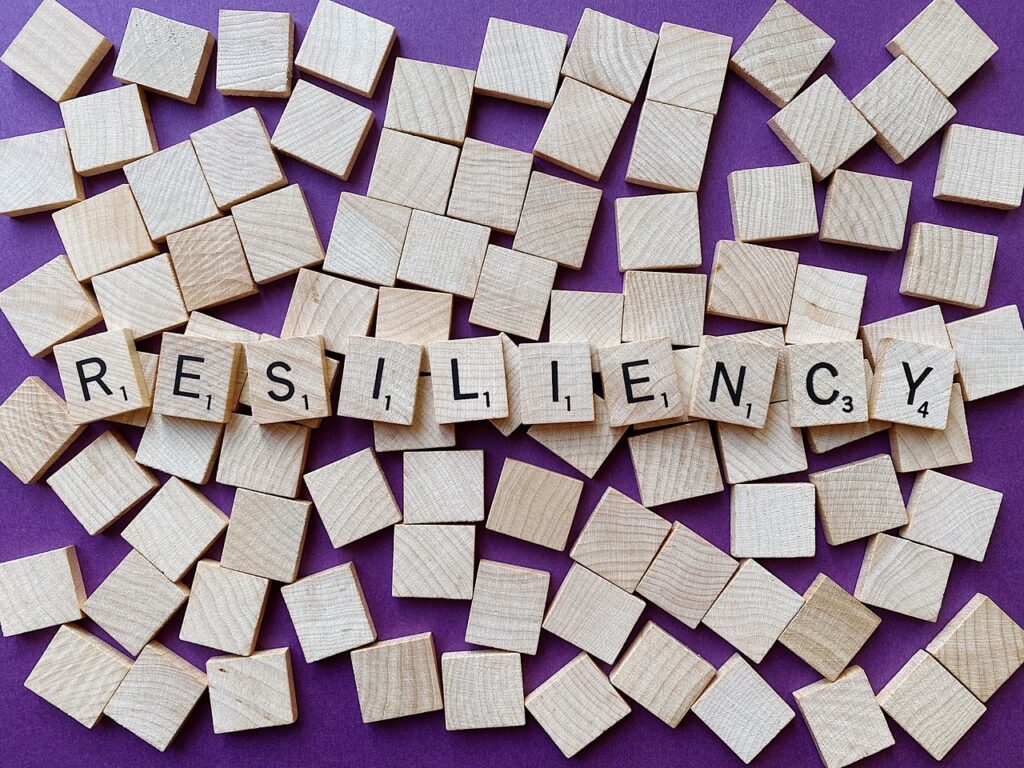I had a final session with a coaching client who had decided to leave her STEM employer. Her reasons exposed the other side of executive coaching – that some of the time, when coaching has been successful in building confidence, the client decides to leave their job. They opt out of an environment they find toxic or is not who they want to become. Samantha was this client.
I had coached many of her colleagues who had later earned promotions, and so did Samantha (a mere 4 months after we started working together!) However, when talking about what had changed, she realised it wasn’t the organisation that deteriorated or became more toxic, but rather that her building confidence had made her realise she deserved better. This is what I call the ‘dirty secret of coaching’; people may leave when they realise they want something better for themselves.
Building Confidence = Building Resilience
As you raise a client’s confidence levels, they become better at identifying more of what they want – and deciding on what’s become intolerable. The fault in Samantha’s case was with her boss, Jim, to whom she had been completely loyal, yet he allowed others to treat her badly. Remarkably, even in this she found the positives, realising that the bullying and difficult behaviour she had experienced would serve her well elsewhere.
Samantha had been ‘grateful’ to Jim originally, who took her into larger roles as he reached the more senior levels. However, now she could see how much he needed her and how often he ‘looked the other way’ when others diminished Samantha in public. When, in his heightened position, Jim also began to be curt with her, she realised as she got toward the top, the senior team didn’t demonstrate the values she wanted.
Outgrowing Your Environment Is Not a Bad Thing
Sharing her lessons, Samantha spoke glowingly of discovering that a senior woman had been headhunted externally, yet this fantastic external candidate had turned down even interviewing, saying: ‘You don’t have any senior women in your leadership team, and while I’d be joining, I can’t fix the mess that likely creates in your organisation.’ Reading for the first time her employer’s unfavourable reviews on GlassDoor and hearing this story meant Samantha realised many of her challenges weren’t ‘all in her head.’
When I asked what had changed in her over the year we’d been working together, she reflected: ‘I shut down the overtaking and unhelpful voices in my head faster which means I stick to the evidence-based facts and avoid turning everything into a catastrophe the way I used to do. Overthinking what I ‘should have done’ or ‘should have said’ ruined my sleep, my evenings with my kids and my weekend. I’m done with that.’
Samantha laughed, saying: ‘Let’s be clear, I’m not perfect, but you helped me see Jim wasn’t doing me any favours by bringing me into the upper echelon – I’d earned it after a decade of hard work and perhaps misplaced loyalty to him. I’m just cycling out of every catastrophe and disaster that is primarily in my own head far faster.’
You Can Make It Through
Many employers want coaches to retain good people like Samantha for longer. Indeed, that often works – certainly in my own practice with clients, most have gone on to promotions or career stretches they didn’t feel capable of at the start of our sessions together. But this is the risk of executive coaching; smart employers know that people who no longer believe in their culture are better off elsewhere.
- What serves you best – making the most of a difficult situation or the bravery to walk away?
- When have you also realised that a difficult situation has not changed, but your tolerance for it has?
- What are the things others may say about your situation that shed new light on it for you?
If you want to learn more about what your saboteurs might be doing to hold you back in your career, keep an eye out for my next round of Peak Resilience Accelerator sessions! Or get in contact for some executive coaching sessions, or a webinar talk.
 Transform Your STEM Career Today!
Transform Your STEM Career Today! 
Free Discovery Call – Resilience and Career Progression Coaching
In just 45 minutes, uncover what’s holding you back and how to silence your inner critic.
Ready to thrive? Enter your email below:





